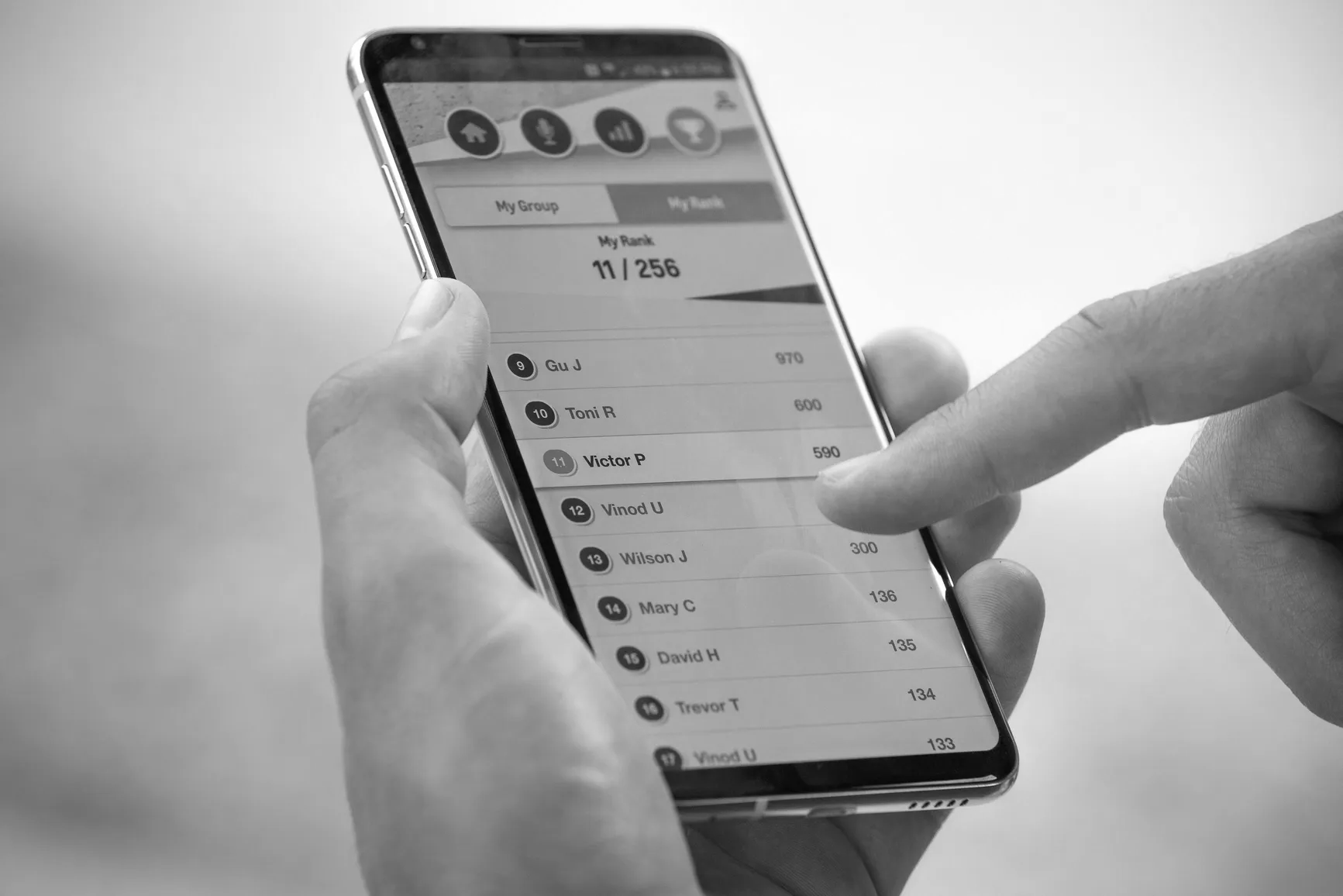Distracted Driving and Social Acceptance
As an automaker, Chevrolet recognizes its responsibility not only to build safe vehicles but also to promote safer driving behaviors. Despite widespread awareness campaigns and legal restrictions, 95% of drivers still text behind the wheel. The problem is not a lack of awareness—most drivers know that texting while driving is dangerous. However, the behavior persists because it has become socially accepted. The challenge for Chevrolet was to address this disconnect and find a way to change the social norms surrounding distracted driving.
THE CHALLENGE:
The Power of Peer Influence Over Awareness
As an automaker, Chevrolet recognizes its responsibility not only to build safe vehicles but also to promote safer driving behaviors. Despite widespread awareness campaigns and legal restrictions, 95% of drivers still text behind the wheel. The problem is not a lack of awareness—most drivers know that texting while driving is dangerous. However, the behavior persists because it has become socially accepted. The challenge for Chevrolet was to address this disconnect and find a way to change the social norms surrounding distracted driving.
THE INSIGHT:
Call Me Out' App by Chevrolet
Chevrolet took this insight to heart and developed the "Call Me Out" app, designed to make safe driving a socially reinforced behavior. "Call Me Out" is an app that activates whenever a teen picks up their phone while driving. When this happens, they'll hear a pre-recorded message from a friend or ally, encouraging them to put their phone down and focus on the road. This personalized message leverages the power of peer influence, making the reminder more impactful than a standard notification. By involving friends and family in the process, the app creates a social deterrent against distracted driving, encouraging teens to think twice before picking up their phones.
THE SOLUTION:
A Hackathon Co-creation with Teens
Understanding that teen drivers are among the most at risk and most influenced by social dynamics, Chevrolet began the development of "Call Me Out" with a hackathon involving teenagers. This event, organized in partnership with the behavioral science department at Wayne State University, invited teens to brainstorm and develop ideas to reduce distracted driving among their peers. The hackathon provided invaluable insights into teen behavior and preferences and ensured that the final product was something they felt personally invested in and likely to use.
THE APPROACH:
The pilot program for "Call Me Out" was conducted in collaboration with Wayne State University, focusing on high schools across several states. The app was tested in real-world conditions, with teens using it during their regular commutes. The results were remarkable:
A 95% reduction in instances of drivers touching their phones while driving.
Over 2 million messages were played during the pilot, reinforcing the desired behavior change.
The feedback from participants was overwhelmingly positive, with many reporting that the personal messages from friends were a powerful motivator to stay focused on the road.
PILOT PROGRAM:






Chevrolet's Commitment:
Addressing Social Norms Through Innovation
As a leader in the automotive industry, Chevrolet's commitment to safety goes beyond engineering safe vehicles. The development of the "Call Me Out" app demonstrates Chevrolet's dedication to tackling the root causes of unsafe driving behaviors. By focusing on the social dynamics that perpetuate texting while driving, Chevrolet created a solution that leverages peer influence to foster a culture of safety. This initiative highlights Chevrolet’s proactive approach to social responsibility, using innovation to address complex societal issues.
Conclusion:
A New Model for Behavioral Change
"Call Me Out" exemplifies how leveraging peer influence can be an effective tool in promoting safer driving habits. Chevrolet's innovative approach, combining behavioral science with cutting-edge technology, highlights the potential for automotive brands to lead in addressing social challenges. By turning peer pressure into a positive force, Chevrolet successfully created a tool that not only reduces distracted driving but also helps establish a new social norm around road safety. This case study underscores the importance of understanding and influencing social behaviors to create meaningful change.


